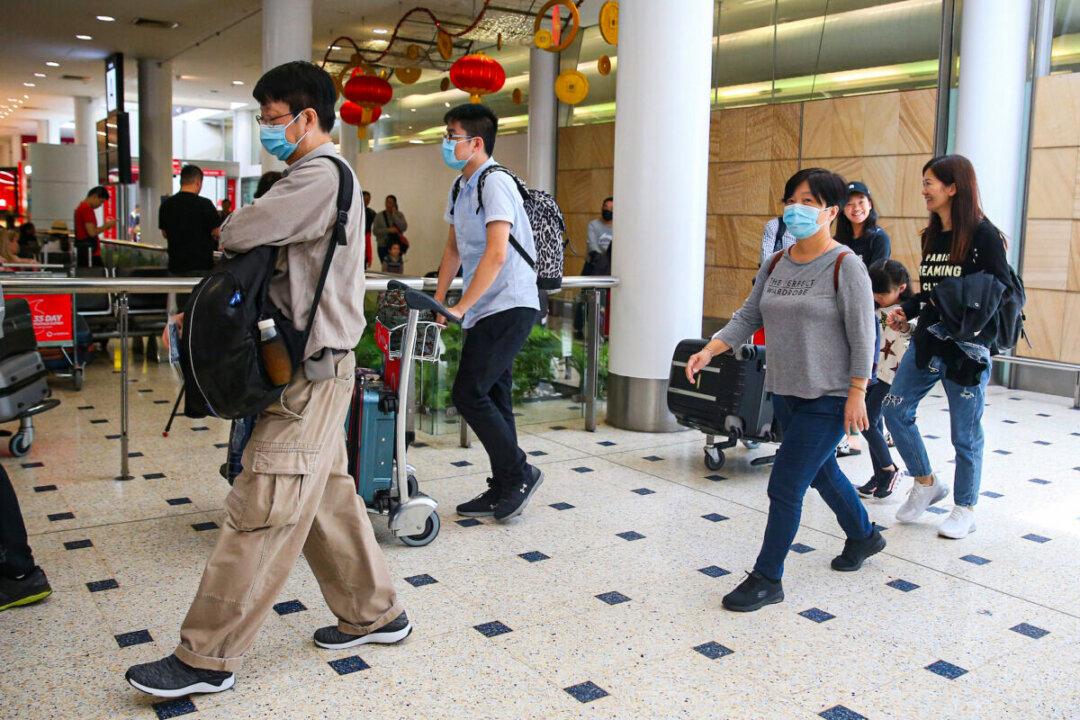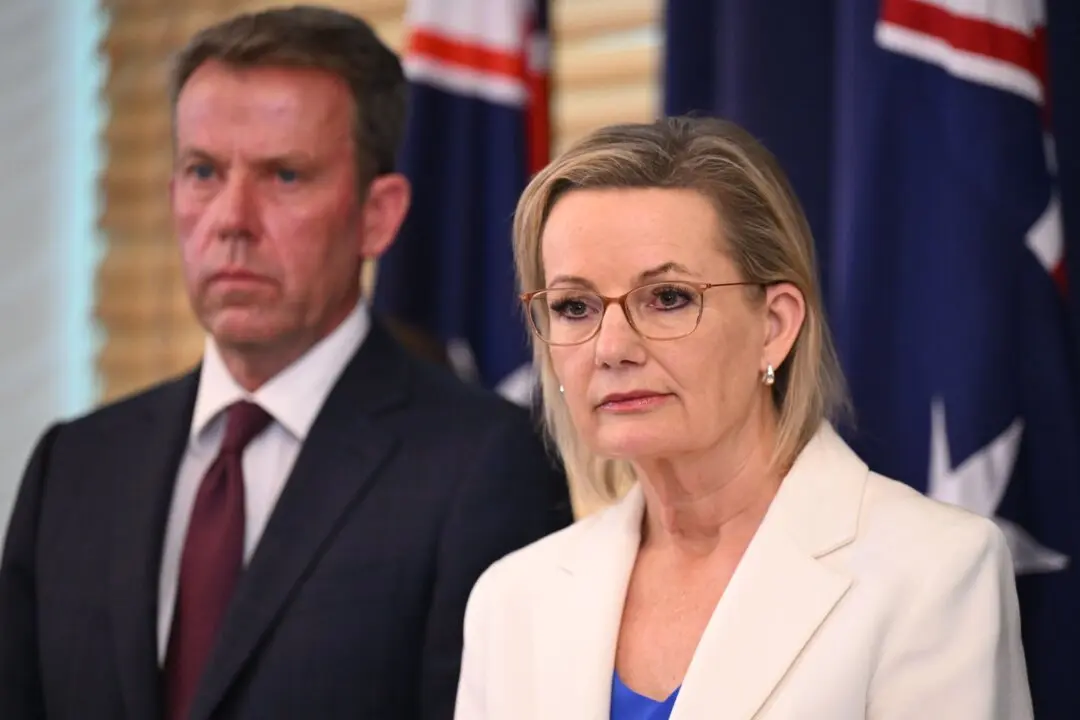Two Chinese international students have been refused entry by Australian border officials for not disclosing their prior military training, according to Beijing state media.
An international student entering Sydney International Airport had his visa canceled and wasn’t allowed to enter Australia after border officials found that he had received military training at a Chinese university, according to the Chinese state-run media outlet China Daily.





